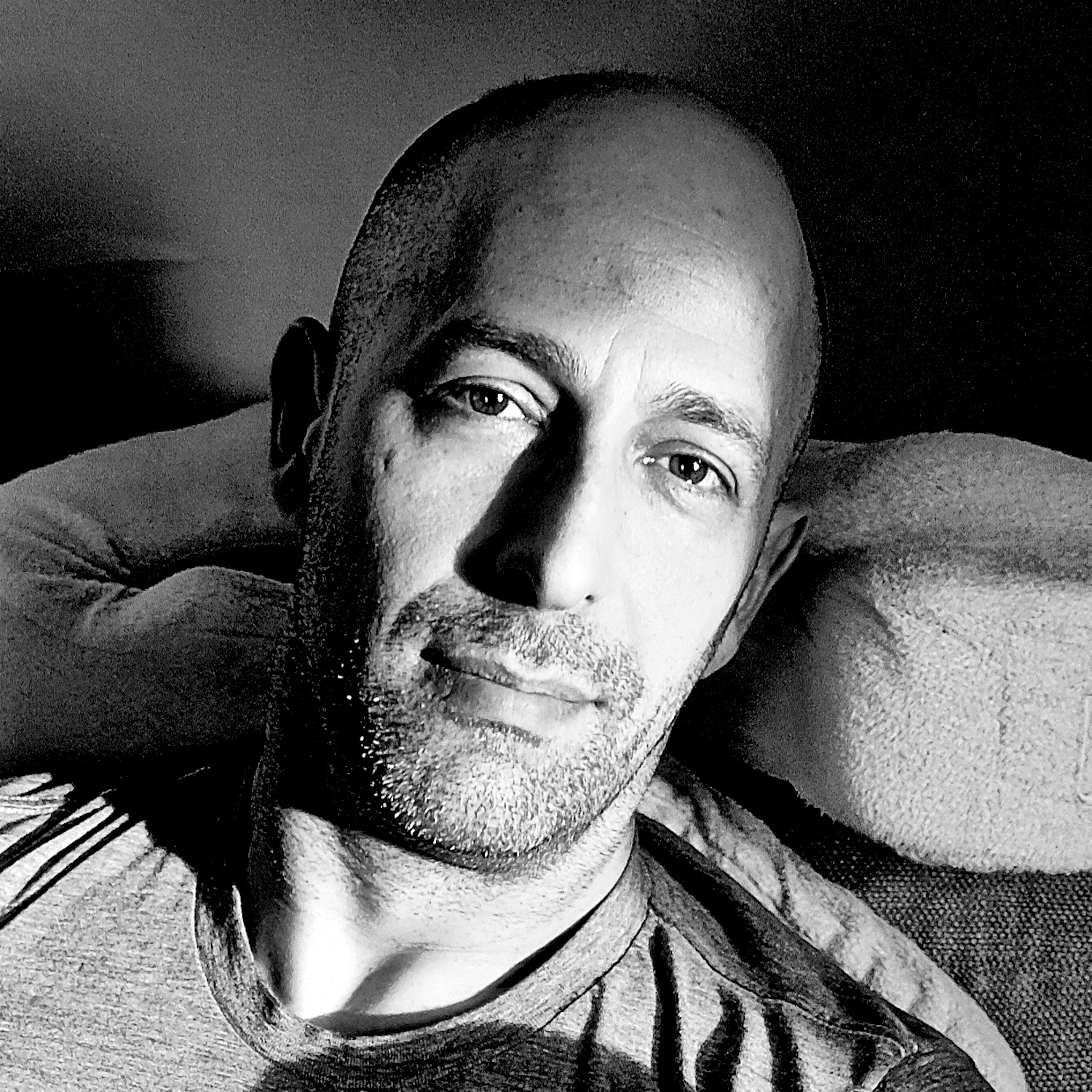
Hannah Tennant Moore
How do you choose details of the lived world to include in your writing? What does a reader need to experience, on the page, in order to experience what the writer imagines? And how, anyway, do you actually put those things into a sequence of words that will draw attention not merely to the words themselves but to the hidden things they hope to evoke? These are among the harrowing questions a writer faces when the page is blank, and which we will consider together. As preparation for the talk, attendees are encouraged to fast the day before (clear liquids, plain yoghurt, vanilla ice cream: all okay) and to cease the intake of fluids after midnight.
The day of, please abstain from liquids or solids; sit in lotus from dawn until noon; and then spend the two hours prior to the talk in silence, under a tree, deep in the woods, alone. And then, in that pure, acetic state, arrive at Slonim ready to embark on our adventure. Am I serious about these preparatory activities? Well, let me ask you: are you serious about description? All questions are the same question, and there is only one answer.
Wyatt Mason is a contributing writer for the New York Times Magazine, and his essays have appeared in the New York Review of Books, Esquire, GQ, Harper's, and The New Yorker. Modern Library publishes his translations of the complete works of Arthur Rimbaud. He is a writer in residence at Bard College, where he is a senior fellow of the Hannah Arendt center.